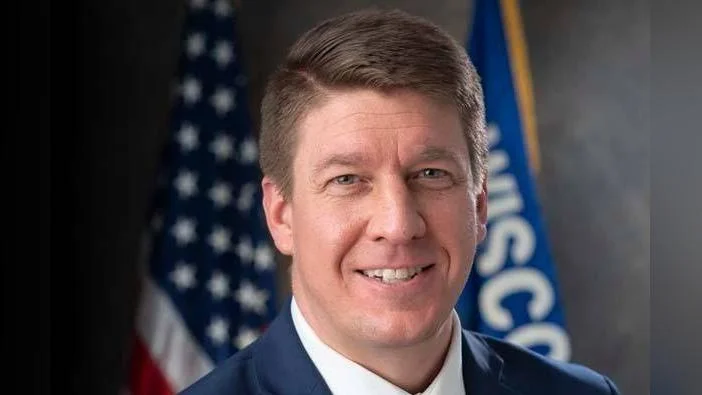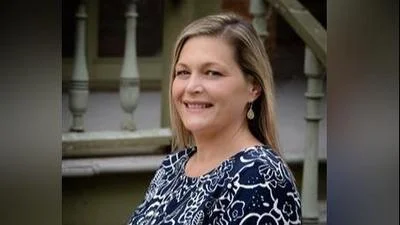Eric Wimberger, Wisconsin State Senator for 2nd District | Official Facebook
Eric Wimberger, Wisconsin State Senator for 2nd District | Official Facebook
According to the Wisconsin State Legislature's official website, the bill was described as follows: "statutory recognition of specialized treatment court and commercial court dockets".
The following is our breakdown, based on the actual bill text, and may include interpretation to clarify its provisions.
In essence, the bill establishes formal statutory recognition for specialized treatment court and commercial court dockets within the state court system. It acknowledges various treatment courts, including those for adult drug, juvenile drug, operating while intoxicated, mental health, family dependency, veterans, hybrid treatment, and tribal healing to wellness cases. The bill also recognizes a specialized docket for commercial cases, which will focus on complex business disputes like internal governance issues, antitrust claims, securities, intellectual property rights, and commercial real estate disputes, among others, provided they meet a certain monetary threshold. The Wisconsin Supreme Court's chief justice, after consultation, will select circuit court judges to oversee these dockets. Notably, cases involving small claims, governmental actions, consumer transactions, and personal injury are ineligible for the commercial court docket. The effective date of the provisions and judicial assignments will be specified upon enactment. Additionally, the bill permits discretionary assignment of cases to the commercial court docket based on the nature and complexity of the case, with decisions being final and non-appealable.
The bill was co-authored by Representative Ron Tusler (Republican-3rd District). It was co-sponsored by Representative Robert Brooks (Republican-59th District), Representative Barbara Dittrich (Republican-99th District), and Representative Brent Jacobson (Republican-87th District), along with one other co-sponsor.
Eric Wimberger has authored or co-authored another six bills since the beginning of the 2025 session, with none of them being enacted.
Wimberger graduated from St. Cloud State University in 2001 with a BS and again in 2005 from Marquette Law School with a JD.
Wimberger, a Republican, was elected to the Wisconsin State Senate in 2025 to represent the state's 2nd Senate district, replacing previous state senator Robert Cowles.
In Wisconsin, the legislative process starts when a senator, constituent, group, or agency proposes an idea for a bill. After drafting, the bill is introduced, numbered, and referred to a committee for review and public input. If approved, it moves through three readings and votes in both the Senate and Assembly. Once both chambers pass the same version, the bill goes to the governor, who can sign it, veto it, or let it become law without a signature. Only a small share of bills introduced each session ultimately become law. You can learn more about the Wisconsin legislative process here.
| Bill Number | Date Introduced | Short Description |
|---|---|---|
| SB80 | 02/26/2025 | Statutory recognition of specialized treatment court and commercial court dockets |
| SB55 | 02/21/2025 | Prohibiting the Department of Justice from using the legal services of nongovernmental employees. (FE) |
| SB51 | 02/21/2025 | Flags flown at state and local government buildings and eliminating a related administrative rule |






 Alerts Sign-up
Alerts Sign-up